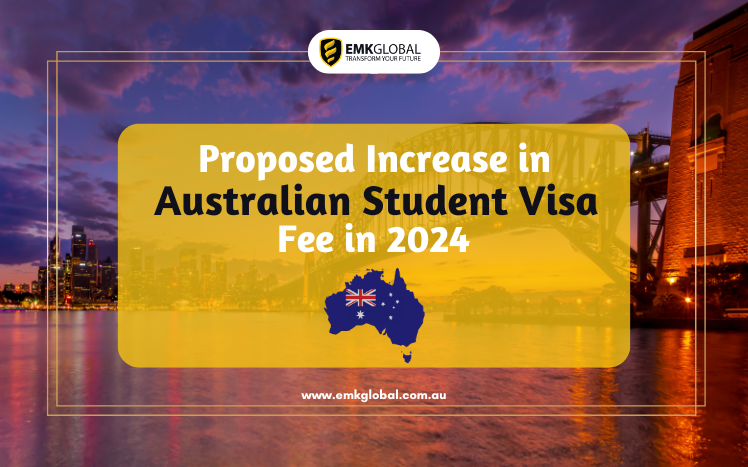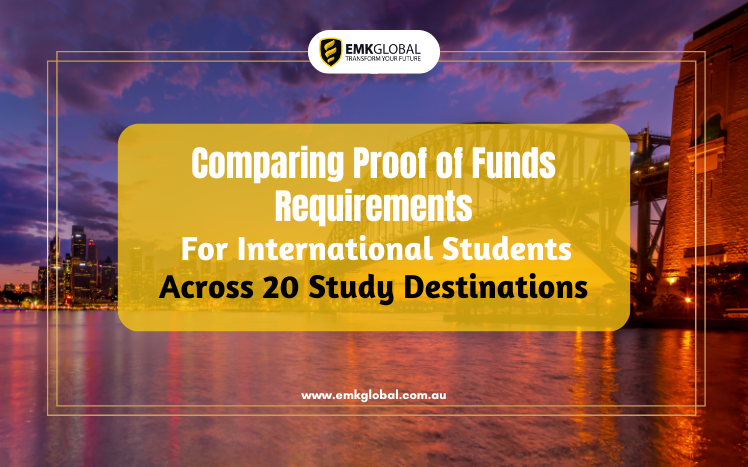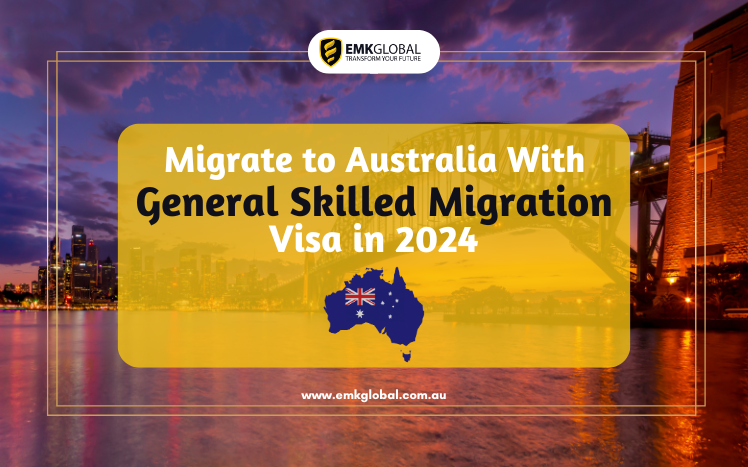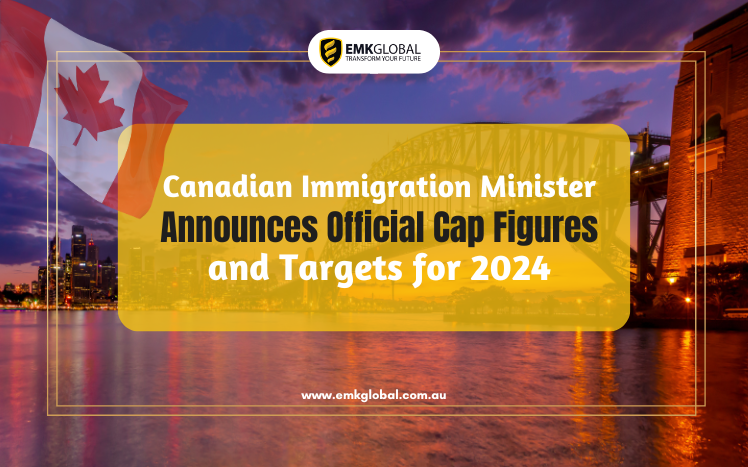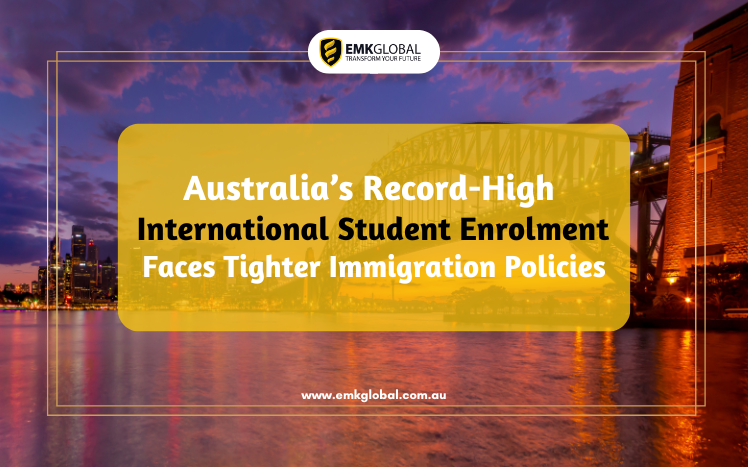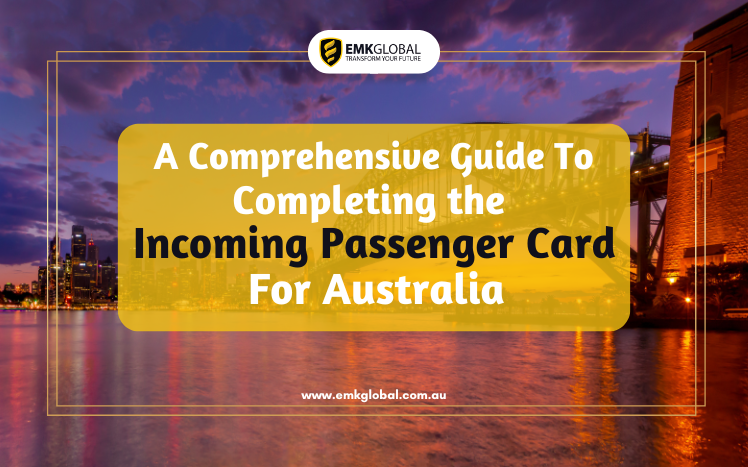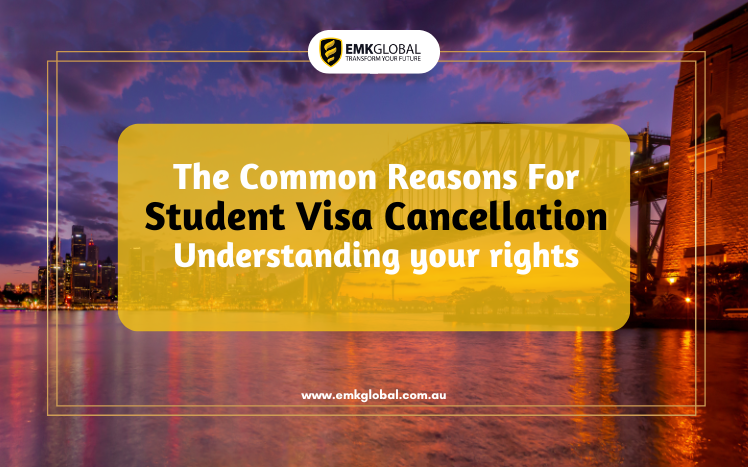| Registered courses specified for paragraph 5(3)(d) as eligible pathway programs |
| Item | Column 1: | Column 2: | Column 3: | Column 4: |
| CRICOS Course Code | Course Name | Institution Name | University Name |
| 1 | 0100739 | Diploma of Business Studies | Charles Darwin University | Charles Darwin University |
| 2 | 0100740 | Diploma of Information Technology | Charles Darwin University | Charles Darwin University |
| 3 | 087938G | Diploma of Arts & Creative Industries | Colleges of Business and Technology (WA) Pty Ltd | Curtin University |
| 4 | 087939G | Diploma of Built Environment | Colleges of Business and Technology (WA) Pty Ltd | Curtin University |
| 5 | 087940C | Diploma of Commerce | Colleges of Business and Technology (WA) Pty Ltd | Curtin University |
| 6 | 087941B | Diploma of Engineering | Colleges of Business and Technology (WA) Pty Ltd | Curtin University |
| 7 | 087943M | Diploma of Information Technology | Colleges of Business and Technology (WA) Pty Ltd | Curtin University |
| 8 | 063386M | Diploma of Business | Melbourne Institute of Business & Technology Pty Ltd | Deakin University |
| 9 | 022637C | Diploma of Commerce | Melbourne Institute of Business & Technology Pty Ltd | Deakin University |
| 10 | 097893M | Diploma of Communication | Melbourne Institute of Business & Technology Pty Ltd | Deakin University |
| 11 | 097892A | Diploma of Construction Management | Melbourne Institute of Business & Technology Pty Ltd | Deakin University |
| 12 | 097895J | Diploma of Design | Melbourne Institute of Business & Technology Pty Ltd | Deakin University |
| 13 | 063385A | Diploma of Engineering | Melbourne Institute of Business & Technology Pty Ltd | Deakin University |
| 14 | 097894K | Diploma of Film, Television and Animation | Melbourne Institute of Business & Technology Pty Ltd | Deakin University |
| 15 | 059996G | Diploma of Health Sciences | Melbourne Institute of Business & Technology Pty Ltd | Deakin University |
| 16 | 097891B | Diploma of Information Technology | Melbourne Institute of Business & Technology Pty Ltd | Deakin University |
| 17 | 063387K | Diploma of Science | Melbourne Institute of Business & Technology Pty Ltd | Deakin University |
| 18 | 092032G | Diploma of Commerce | Edith Cowan College Pty Ltd | Edith Cowan University |
| 19 | 092033G | Diploma of Communications and Creative Industries | Edith Cowan College Pty Ltd | Edith Cowan University |
| 20 | 103337G | Diploma of Health Science | Edith Cowan College Pty Ltd | Edith Cowan University |
| 21 | 092034F | Diploma of Hotel Management | Edith Cowan College Pty Ltd | Edith Cowan University |
| 22 | 0100511 | Diploma of Performing Arts (Music) | Edith Cowan College Pty Ltd | Edith Cowan University |
| 23 | 092035E | Diploma of Science (Computing/IT) | Edith Cowan College Pty Ltd | Edith Cowan University |
| 24 | 092036D | Diploma of Science (Engineering Studies) | Edith Cowan College Pty Ltd | Edith Cowan University |
| 25 | 092037C | Diploma of Science (Health Studies) | Edith Cowan College Pty Ltd | Edith Cowan University |
| 26 | 109402K | GC1 – Diploma of Information Technology (Higher Education) | Federation University Australia | Federation University Australia |
| 27 | 109280D | Diploma in Creative Industries | Flinders University Academy | Flinders University |
| 28 | 109281C | Diploma in Engineering | Flinders University Academy | Flinders University |
| 29 | 109282B | Diploma in Health | Flinders University Academy | Flinders University |
| 30 | 088633F | Diploma of Business Studies | Educational Enterprises Australia Pty Ltd | Flinders University |
| 31 | 088634E | Diploma of Computing and Information Technology Studies | Educational Enterprises Australia Pty Ltd | Flinders University |
| 32 | 076172G | Diploma of Engineering | Educational Enterprises Australia Pty Ltd | Flinders University |
| 33 | 109014M | Diploma of Business | Queensland Institute of Business and Technology Pty Ltd | Griffith University |
| 34 | 082070G | Diploma of Criminology and Criminal Justice | Queensland Institute of Business and Technology Pty Ltd | Griffith University |
| 35 | 111385K | Diploma of Design | Queensland Institute of Business and Technology Pty Ltd | Griffith University |
| 36 | 070423G | Diploma of Engineering | Queensland Institute of Business and Technology Pty Ltd | Griffith University |
| 37 | 075188G | Diploma of Health Sciences | Queensland Institute of Business and Technology Pty Ltd | Griffith University |
| 38 | 026675J | Diploma of Information Technology | Queensland Institute of Business and Technology Pty Ltd | Griffith University |
| 39 | 109015K | Diploma of International Tourism and Hotel Management | Queensland Institute of Business and Technology Pty Ltd | Griffith University |
| 40 | 092487K | Diploma of Science | Queensland Institute of Business and Technology Pty Ltd | Griffith University |
| 41 | 092486M | Diploma of Social & Psychological Science | Queensland Institute of Business and Technology Pty Ltd | Griffith University |
| 42 | 076108D | Diploma of Business | Navitas Bundoora Pty Ltd | La Trobe University |
| 43 | 113881M | Diploma of Business Analytics | Navitas Bundoora Pty Ltd | La Trobe University |
| 44 | 114033K | Diploma of Cybersecurity | Navitas Bundoora Pty Ltd | La Trobe University |
| 45 | 076109C | Diploma of Information Technology | Navitas Bundoora Pty Ltd | La Trobe University |
| 46 | 113489H | Diploma of Business | Kaplan Higher Education trading as Murdoch College | Murdoch University |
| 47 | 081618F | Diploma in Business | QUT College | Queensland University of Technology |
| 48 | 081617G | Diploma in Creative Industries | QUT College | Queensland University of Technology |
| 49 | 086329G | Diploma in Engineering | QUT College | Queensland University of Technology |
| 50 | 094986G | Diploma in Health Science | QUT College | Queensland University of Technology |
| 51 | 081616G | Diploma in Information Technology | QUT College | Queensland University of Technology |
| 52 | 107881F | Diploma of Business | RMIT University | RMIT University |
| 53 | 105817H | Diploma of Graphic Design | RMIT University | RMIT University |
| 54 | 110709C | Diploma of Nursing | RMIT University | RMIT University |
| 55 | 110709C | Diploma of Nursing | RMIT University | RMIT University |
| 56 | 107883D | Diploma of Screen and Media (Content Creation) | RMIT University | RMIT University |
| 57 | 0100351 | Diploma of Hotel Management | Southern Cross University | Southern Cross University |
| 58 | 0101136 | Diploma of Health | Southern Cross University | Southern Cross University |
| 59 | 079231K | Diploma of Business | Southern Cross University | Southern Cross University |
| 60 | 086408J | Diploma of Science | Southern Cross University | Southern Cross University |
| 61 | 111198B | Diploma of Information Technology | Southern Cross University | Southern Cross University |
| 62 | 111853J | Diploma of Engineering | Southern Cross University | Southern Cross University |
| 63 | 112794G | Diploma of Education | Southern Cross University | Southern Cross University |
| 64 | 102590B | Diploma of Arts and Social Sciences | Southern Cross University | Southern Cross University |
| 65 | 086030E | Diploma of Business | Southern Cross University | Southern Cross University |
| 66 | 114987D | Diploma of Conveyancing (Law and Practice) | Southern Cross University | Southern Cross University |
| 67 | 111197C | Diploma of Regenerative Agriculture | Southern Cross University | Southern Cross University |
| 68 | 089744B | Diploma of Arts and Communication (UniLink) | Swinburne University of Technology | Swinburne University of Technology |
| 69 | 085473G | Diploma of Business (UniLink) | Swinburne University of Technology | Swinburne University of Technology |
| 70 | 085471K | Diploma of Design (UniLink) | Swinburne University of Technology | Swinburne University of Technology |
| 71 | 112999E | UniLink Bridging Program | Swinburne University of Technology | Swinburne University of Technology |
| 72 | 088633F | Diploma of Business Studies (2yr program) | Educational Enterprises Australia Pty Ltd (Eynesbury College) | University of Adelaide |
| 73 | 088634E | Diploma of Computing and Information Technology Studies | Educational Enterprises Australia Pty Ltd (Eynesbury College) | University of Adelaide |
| 74 | 076172G | Diploma of Engineering | Educational Enterprises Australia Pty Ltd (Eynesbury College) | University of Adelaide |
| 75 | 086314D | Degree Transfer Program Accelerated – Business | University of Adelaide College | University of Adelaide |
| 76 | 087624D | Degree Transfer Program Extended – Business | University of Adelaide College | University of Adelaide |
| 77 | 087625C | Degree Transfer Program Extended – Computer Science | University of Adelaide College | University of Adelaide |
| 78 | 087626B | Degree Transfer Program Extended – Engineering | University of Adelaide College | University of Adelaide |
| 79 | 0101444 | Degree Transfer Program Extended – Information Technology | University of Adelaide College | University of Adelaide |
| 80 | 087627A | Degree Transfer Program Extended – Science | University of Adelaide College | University of Adelaide |
| 81 | 086313E | Degree Transfer Program Standard – Business | University of Adelaide College | University of Adelaide |
| 82 | 086315C | Degree Transfer Program Standard – Computer Science | University of Adelaide College | University of Adelaide |
| 83 | 086316B | Degree Transfer Program Standard – Engineering | University of Adelaide College | University of Adelaide |
| 84 | 0101441 | Degree Transfer Program Standard – Information Technology | University of Adelaide College | University of Adelaide |
| 85 | 086317A | Degree Transfer Program Standard – Science | University of Adelaide College | University of Adelaide |
| 86 | 070210K | Diploma of Business | University of Canberra College | University of Canberra |
| 87 | 062888G | Diploma of Communication | University of Canberra College | University of Canberra |
| 88 | 076136M | Diploma of Design | University of Canberra College | University of Canberra |
| 89 | 090071F | Diploma of Health | University of Canberra College | University of Canberra |
| 90 | 070213G | Diploma of Information Technology | University of Canberra College | University of Canberra |
| 91 | 074935G | Diploma of Science | University of Canberra College | University of Canberra |
| 92 | 113050F | Degree Transfer Architecture | University of Newcastle College of International Education | University of Newcastle |
| 93 | 104604G | Degree Transfer Business | University of Newcastle College of International Education | University of Newcastle |
| 94 | 104606E | Degree transfer Commerce | University of Newcastle College of International Education | University of Newcastle |
| 95 | 113058J | Degree Transfer Construction Management | University of Newcastle College of International Education | University of Newcastle |
| 96 | 104608C | Degree Transfer Engineering | University of Newcastle College of International Education | University of Newcastle |
| 97 | 113051E | Degree Transfer Extended Architecture | University of Newcastle College of International Education | University of Newcastle |
| 98 | 104605F | Degree Transfer Extended Business | University of Newcastle College of International Education | University of Newcastle |
| 99 | 104607D | Degree transfer Extended Commerce | University of Newcastle College of International Education | University of Newcastle |
| 100 | 113052D | Degree Transfer Extended Construction Management | University of Newcastle College of International Education | University of Newcastle |
| 101 | 104609B | Degree Transfer Extended Engineering | University of Newcastle College of International Education | University of Newcastle |
| 102 | 104611H | Degree Transfer Extended IT | University of Newcastle College of International Education | University of Newcastle |
| 103 | 114397D | Degree Transfer Extended Media and Communication | University of Newcastle College of International Education | University of Newcastle |
| 104 | 104610J | Degree Transfer IT | University of Newcastle College of International Education | University of Newcastle |
| 105 | 114391K | Degree Transfer Media and Communication | University of Newcastle College of International Education | University of Newcastle |
| 106 | 081516A | Diploma of Arts | South Australian Institute of Business and Technology Pty Ltd | University of South Australia |
| 107 | 081517M | Diploma of Business | South Australian Institute of Business and Technology Pty Ltd | University of South Australia |
| 108 | 088633F | Diploma of Business Studies | Educational Enterprises Australia Pty Ltd | University of South Australia |
| 109 | 088634E | Diploma of Computing and Information Technology Studies | Educational Enterprises Australia Pty Ltd | University of South Australia |
| 110 | 076172G | Diploma of Engineering | Educational Enterprises Australia Pty Ltd | University of South Australia |
| 111 | 081519J | Diploma of Engineering | South Australian Institute of Business and Technology Pty Ltd | University of South Australia |
| 112 | 081520E | Diploma of Information Technology | South Australian Institute of Business and Technology Pty Ltd | University of South Australia |
| 113 | 0100203 | International First Year Diploma – Business | UP Education | University of Tasmania |
| 114 | 0100205 | International First Year Diploma – Science | UP Education | University of Tasmania |
| 115 | 112658D | Diploma of Animation Production (Extended) | UTS College Limited | University of Technology Sydney |
| 116 | 080142A | Diploma of Business (Extended) | UTS College Limited | University of Technology Sydney |
| 117 | 080143M | Diploma of Communication (Extended) | UTS College Limited | University of Technology Sydney |
| 118 | 080144K | Diploma of Design and Architecture (Extended) | UTS College Limited | University of Technology Sydney |
| 119 | 080145J | Diploma of Engineering (Extended) | UTS College Limited | University of Technology Sydney |
| 120 | 080146G | Diploma of Information Technology (Extended) | UTS College Limited | University of Technology Sydney |
| 121 | 080147G | Diploma of Science (Extended) | UTS College Limited | University of Technology Sydney |
| 122 | 107425H | Diploma in Commerce – 12 Months | UWA College | University of Western Australia |
| 123 | 111079J | Diploma in Computer and Data Science – 12 Months | UWA College | University of Western Australia |
| 124 | 112405C | Diploma in Engineering – 14 Months | UWA College | University of Western Australia |
| 125 | 112406B | Diploma in Engineering – 10 Months | UWA College | University of Western Australia |
| 126 | 057234M | Diploma of Information Technology (3 Session) | UOW College Australia | University of Wollongong |
| 127 | 0101925 | Diploma of Engineering (3 Session) | UOW College Australia | University of Wollongong |
| 128 | 057232B | Diploma of Business (3 Session) | UOW College Australia | University of Wollongong |
| 129 | 108966D | Diploma in Arts | Western Sydney University International College | Western Sydney University |
| 130 | 096800G | Diploma in Business | Western Sydney University International College | Western Sydney University |
| 131 | 097252M | Diploma in Business – 2 Term Accelerated | Western Sydney University International College | Western Sydney University |
| 132 | 096999J | Diploma in Design Extended Graphic Design
(Pathway to Teaching Secondary) | Western Sydney University | Western Sydney University |
| 133 | 096975F | Diploma in Arts | Western Sydney University | Western Sydney University |
| 134 | 096993D | Diploma in Arts Extended Pathway to Teaching Secondary | Western Sydney University | Western Sydney University |
| | | | | |


